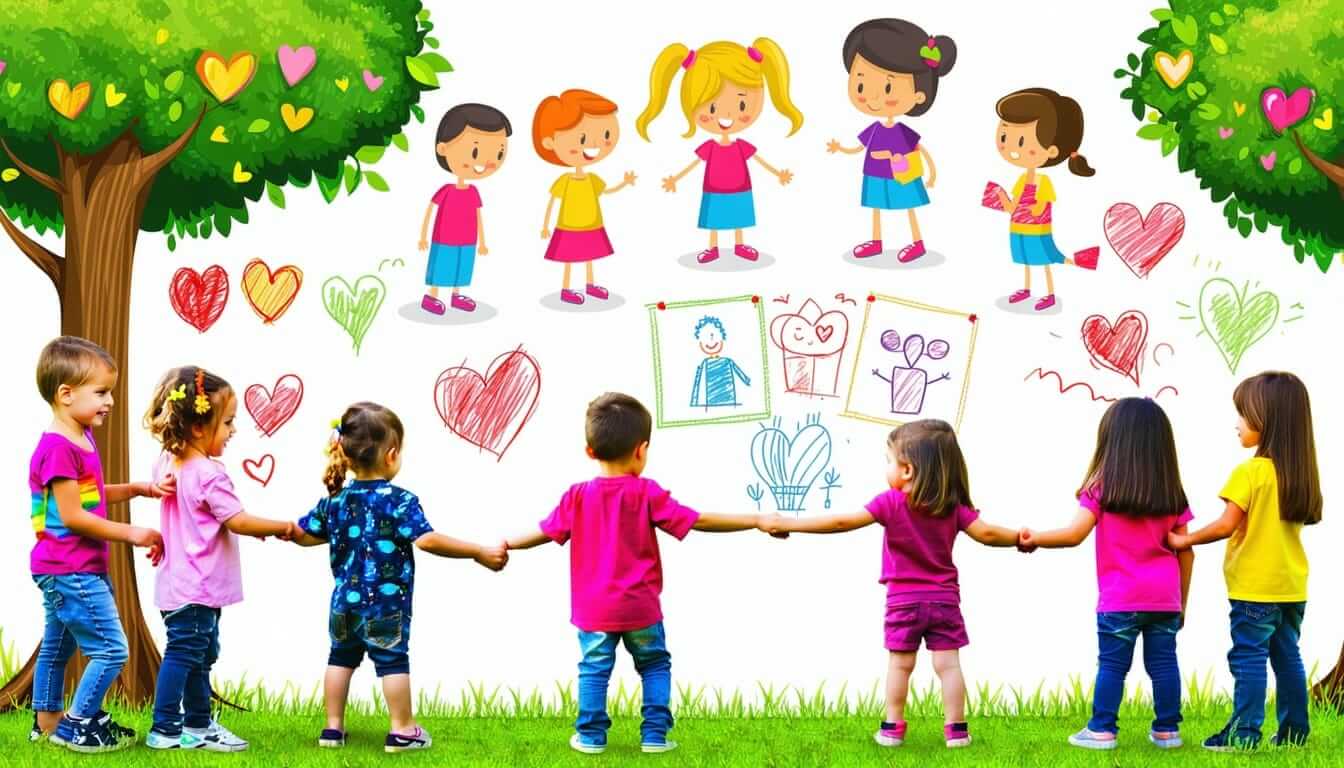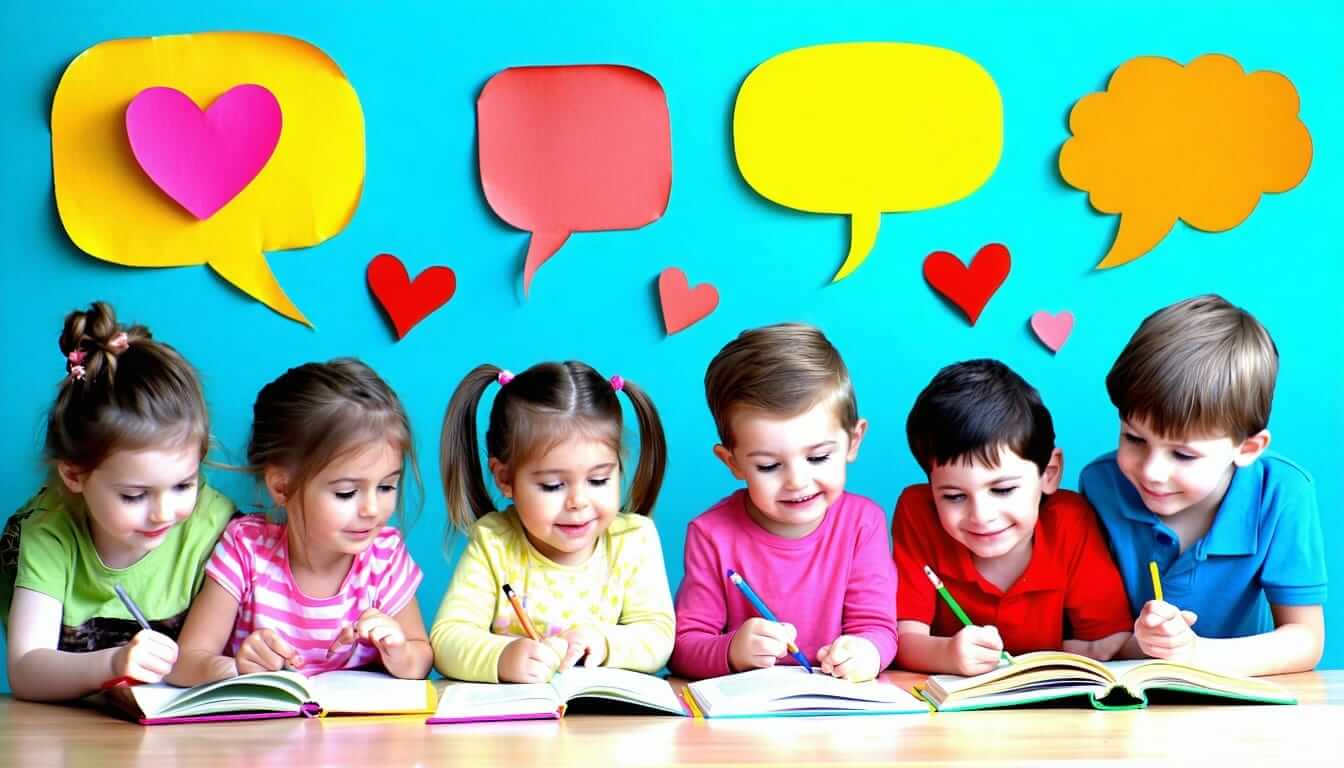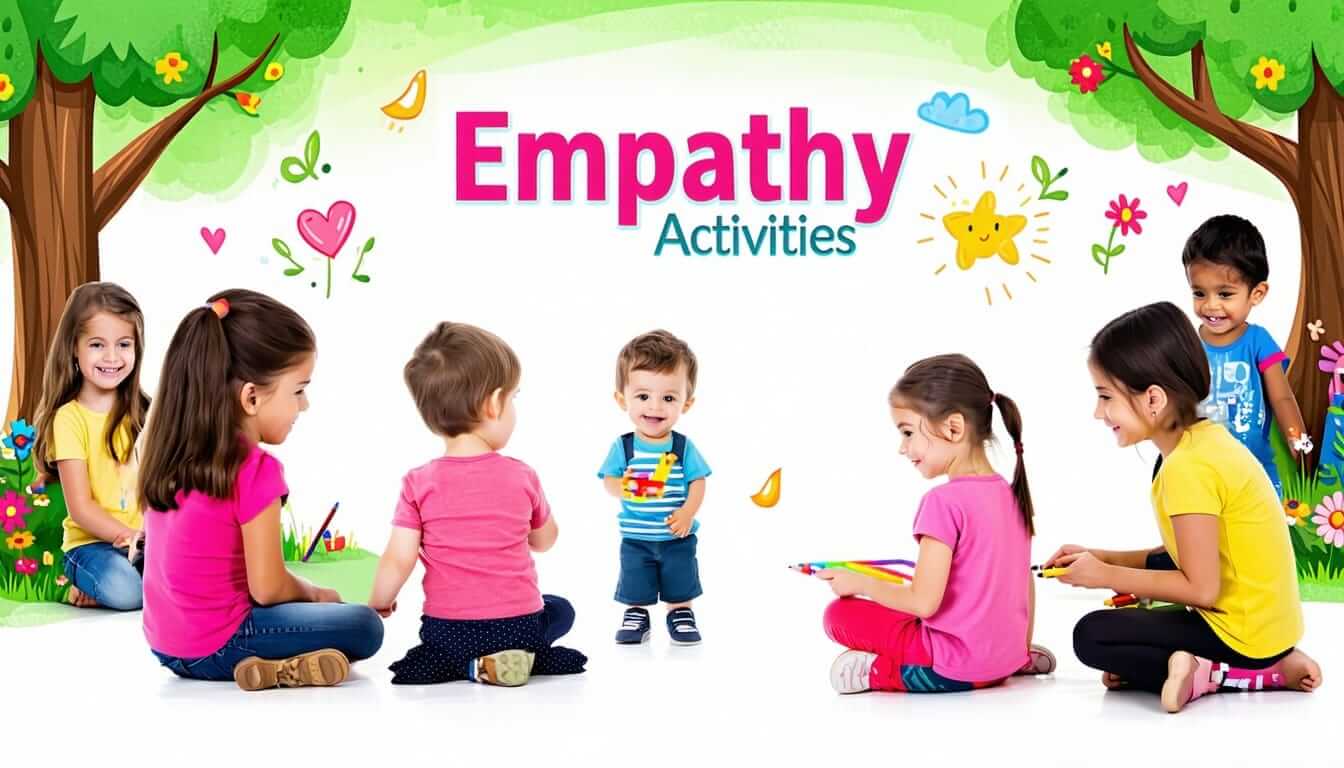Empathy is a vital social skill that helps children understand others’ feelings, build friendships, and foster respect. You can guide your 4- to 12-year-old through simple exercises that boost emotional intelligence and encourage leadership qualities. This ultimate guide to empathy activities for elementary students shows you practical games, discussion prompts, and reflection exercises you can implement today. A meta-analysis from CASEL found that social-emotional learning programs can increase academic performance by 11 percentile points (CASEL, 2015).
Key Idea: Cultivating empathy early paves the way for respect, cooperation, and confident leadership.
Understand Empathy And Respect
Empathy means noticing how someone else feels and imagining yourself in their shoes. Respect is treating that person’s feelings and rights as valuable. When children link these two ideas, they’re more likely to pause before teasing a friend or judging someone who looks different.
You can reinforce both concepts by using everyday moments (car rides, family meals) to label emotions and ask questions like “How would you feel if that happened to you?” If you’d like more background, our guide on teaching empathy to children dives deeper into why these skills matter.
Build Daily Empathy Habits
Good news, these habits are simple to fit into your routine. Consistency helps children see empathy as part of everyday life. Try these quick habits:
-
Morning Emotion Check-In
Ask your child to name one feeling they have (happy, nervous, excited) and why. -
Share Highs and Lows
At dinner, invite everyone to mention one good and one tough moment from their day. -
Model Empathic Language
Narrate your own feelings (“I feel frustrated when traffic slows me down”), then invite a response. -
Praise Empathic Choices
When your child notices a friend’s sadness or helps clean up without being asked, celebrate that kindness.
Try Targeted Empathy Activities
Mix hands-on exercises with discussion so your child practices perspective-taking in different ways.
Role-Play Common Scenarios
Act out situations like playground disagreements or a new student’s first day. Swap roles so your child can step into someone else’s shoes. For more fun ideas, check out our empathy games for kids.
Map Feelings Of Others
Draw simple faces on paper, label them with emotions (sad, proud, confused), and ask your child to match scenarios to each face. You can print ready-to-use templates from our empathy worksheets for children.
Cooperative Group Projects
Team up with a friend, sibling, or classmate to build something—like a LEGO tower or a short play. Emphasize listening to each other’s ideas and finding solutions together.
Read Empathy Stories
Pick books where characters show or learn empathy. Pause to ask questions like “Why do you think she helped her friend?” You’ll find a great list of children’s books about empathy to get started.
Discuss Real-Life Moments
After playground time or a playdate, ask what your child noticed. “How did Sam feel when he fell?” helps them link actions to emotions.
Reflect And Reinforce Respect
Reflection cements learning—and it’s motivating when you celebrate progress. Try these strategies:
-
Keep an Emotions Journal
Once a week, have your child draw or write about a moment they showed empathy or felt someone else’s care. -
Host a Weekly Empathy Circle
Gather family or friends for a short check-in: share one act of kindness you saw or received. -
Celebrate Empathy Wins
Use stickers, notes, or a special hug to acknowledge when your child shows respect in challenging moments. -
Partner With Mastery Martial Arts Troy
For structured respect training, consider Mastery Martial Arts Troy. They help kids build focus, confidence, and respect through martial-arts instruction. Sign up for a free 2-week trial at www.KidsMartialArtsTroy.com.
Quick Recap And Next Step
- Understand how empathy and respect connect.
- Build daily routines that highlight feelings.
- Try targeted activities like role-play and feeling maps.
- Reflect weekly and celebrate each step.
Pick one idea this week and give it a whirl. You’ll be amazed at how small moments of understanding can lead to big gains in respect and leadership. You’ve got this!





0 Comments